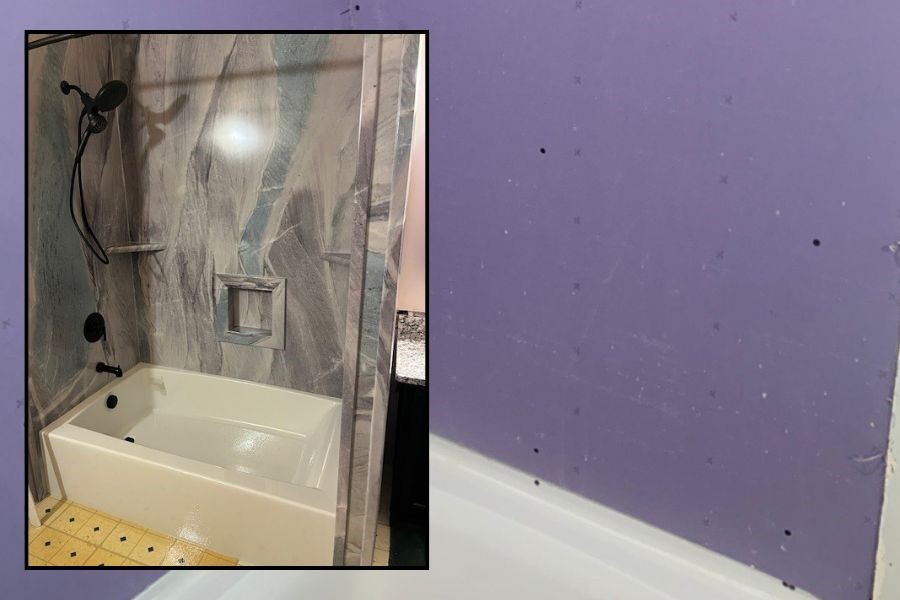If you have ever seen an ad offering “free windows” or a “complimentary home renovation,” you’re not alone.
These too-good-to-be-true offers are everywhere—plastered across social media, sent as email promotions, or even tucked into mailers. While they might seem like an offer you can’t pass up, many of these deals are a bait and switch scheme or are outright scams.
In this guide, we’ll help you identify common tactics used in these promotions, explore why they’re designed to lure you in, and show you how to protect yourself.
By the end, you'll feel more confident in spotting genuine offers and avoiding the snares that can leave your head spinning, your wallet lighter, and your trust shaken.
Why Are Free Window Offers So Common?
The phrase "free windows" is designed to grab your attention. After all, who doesn’t want something free? But let’s make sure we call it what it is: a marketing tactic that lures you in with an offer to get you to engage.
There are many reasons that companies would try to grab your attention in this manner. Because windows are a significant home improvement expense, getting windows for free can spark curiosity. So, companies use these offers to collect your contact information and sell you other products and/or services later. Once they’ve engaged you with the promotion of free windows, they may upsell you or present the hidden cost associated with the offer.
The Hidden Costs of ‘Free Windows; Offers
There is often more to a “Free Windows” offer that can be riddled with hidden costs. Some companies may offer free windows based on purchasing a specific number of windows, or the included installation costs are inflated to offset the free windows. Think of the many Buy 2 Get 2 Windows Free ads you have seen. Or is “Free Delivery” for furniture just added to the overall price of a piece of furniture?

Warning Signs to Watch For
Understanding what to look for can help you quickly identify scams or questionable offers. It’s often hard to decipher a legitimate offer in today's world. Here are a few tips on what to look for.
Vague Terms and Conditions: If the offer doesn’t clearly outline what’s free and what isn’t, proceed with caution. Hidden fees, high interest rates, or restrictions are common in such scenarios.
Aggressive Salespeople: Legitimate companies respect your decision-making process. If a salesperson uses guilt or urgency to force a purchase, it’s a major red flag.
Unrealistic Promotions: If a deal seems too good to be true—like an entire home’s worth of free windows with no catch—it probably is.
Upfront Payments: A legitimate company won’t ask for significant upfront costs before any work is performed or products are delivered.
No Written Agreements: Offers without a detailed written contract are likely designed to trap you into unforeseen costs later.
Why Do These Offers Prey on Consumer Fears?
Scams and clickbait succeed because they exploit people's everyday worries and budget limitations. For example, many homeowners are concerned about how much replacing windows will cost, so an offer for something free can seem like the perfect way to save money. Scammers also use time-sensitive deals to create a sense of urgency, making you feel like you’ll miss out if you don’t act fast. Home improvement projects can also feel complicated, and a “free” solution may look like a simple way to avoid stress. Lastly, scammers often pretend to be trusted experts by using official-looking logos or certifications, which makes them seem more credible.
The Alternative: Finding Trusted Providers
Not all deals are scams, but it’s essential to approach them with a critical eye. Here are a few tips you can use to filter through the offers and hire a proven home improvement contractor to increase your chances of a successful project.
Go Local
There are many reasons to buy local beyond supporting local businesses. A local contractor has a more significant personal investment in a satisfactory local business. They have a reputation to maintain, and having happy customers is an easy way to do so. With an out-of-town contractor, they have no investment in your satisfaction or any follow-up services that may be needed.
Experience and Strong Reputation
Look for a company that has been in business for many years and has a proven track record. Find out the company history, any awards or affiliations they may have and check their ratings with the BBB and Google. Look up the company online and see what other homeowners have to say. A history of complaints about misleading advertising is a serious warning sign.
Ask Questions and Trust Your Instincts
Having someone in your home who is a proclaimed expert can be intimidating. Don’t feel shy or imposing asking questions or needing further information before you sign any contract. Most reputable companies will be happy to answer all of your questions. If something feels off, it probably is. Trustworthy contractors are transparent, without gimmicks or misleading claims.
The Bottom Line: The Costs of ‘Free’ Windows
While “free windows” may be enticing, it’s essential to approach these offers with caution. By staying informed and asking the right questions, you can protect yourself from scams and ensure you’re making the best decision for your home improvement needs.
Instead of getting swept up in clickbait (which is easy to do), focus on finding a reputable company that values transparency, quality, and satisfaction. That way, you’ll enjoy beautiful windows and all their benefits and peace of mind knowing your investment is in good hands.
At Joyce Windows, Sunrooms & Baths, we understand how frustrating it can be to navigate the overwhelming world of home improvement offers, especially when faced with "too good to be true" ads. Since 1955, we’ve been helping homeowners make confident decisions by listening to your needs and respecting your budget.
Tags
Subscribe to Joyce's Blog







Comments